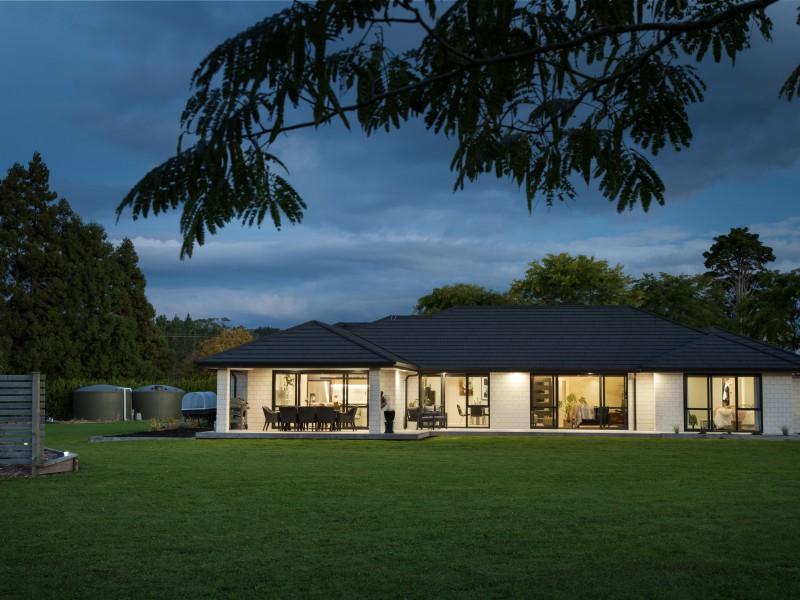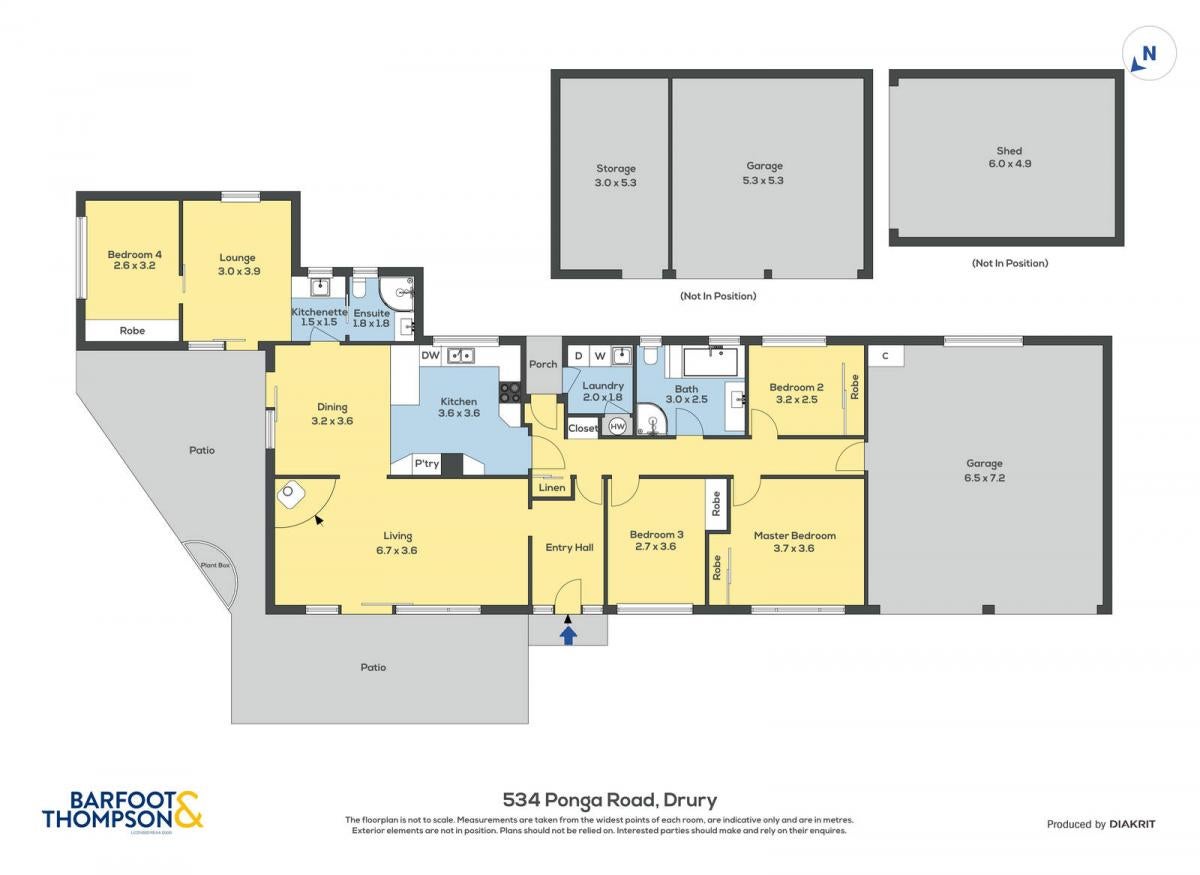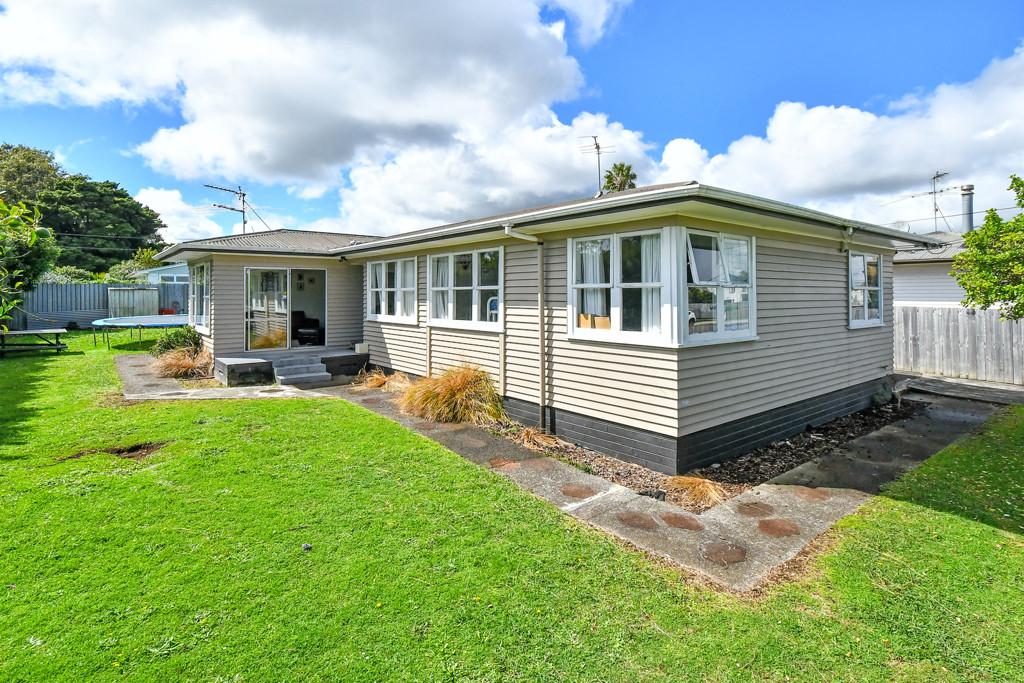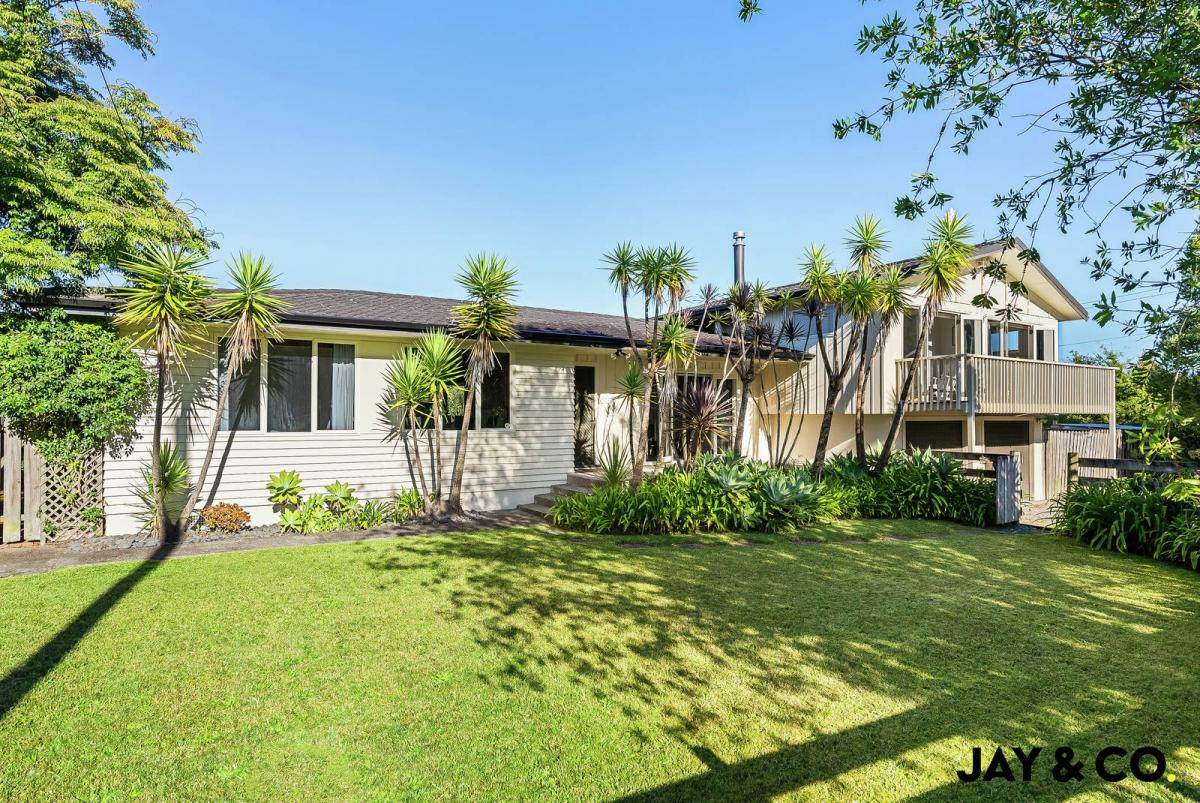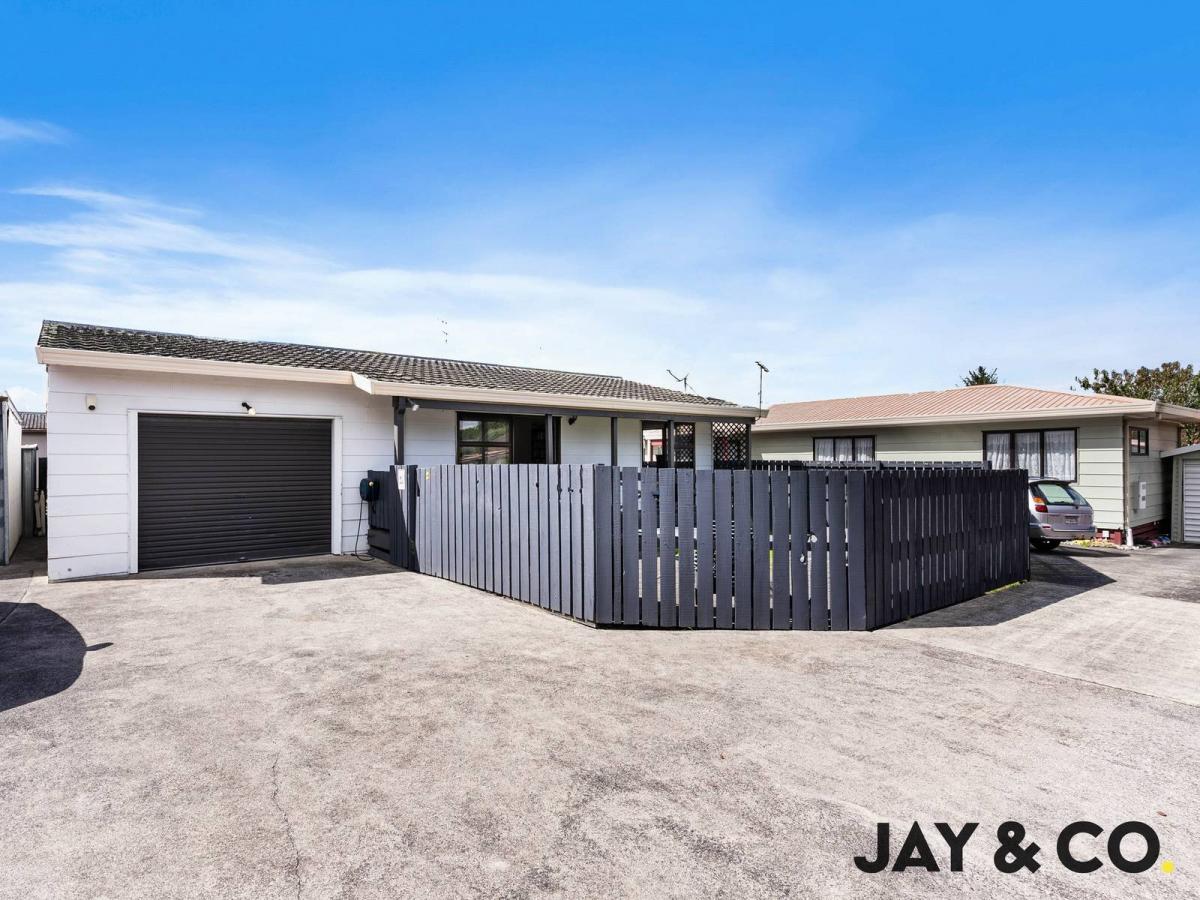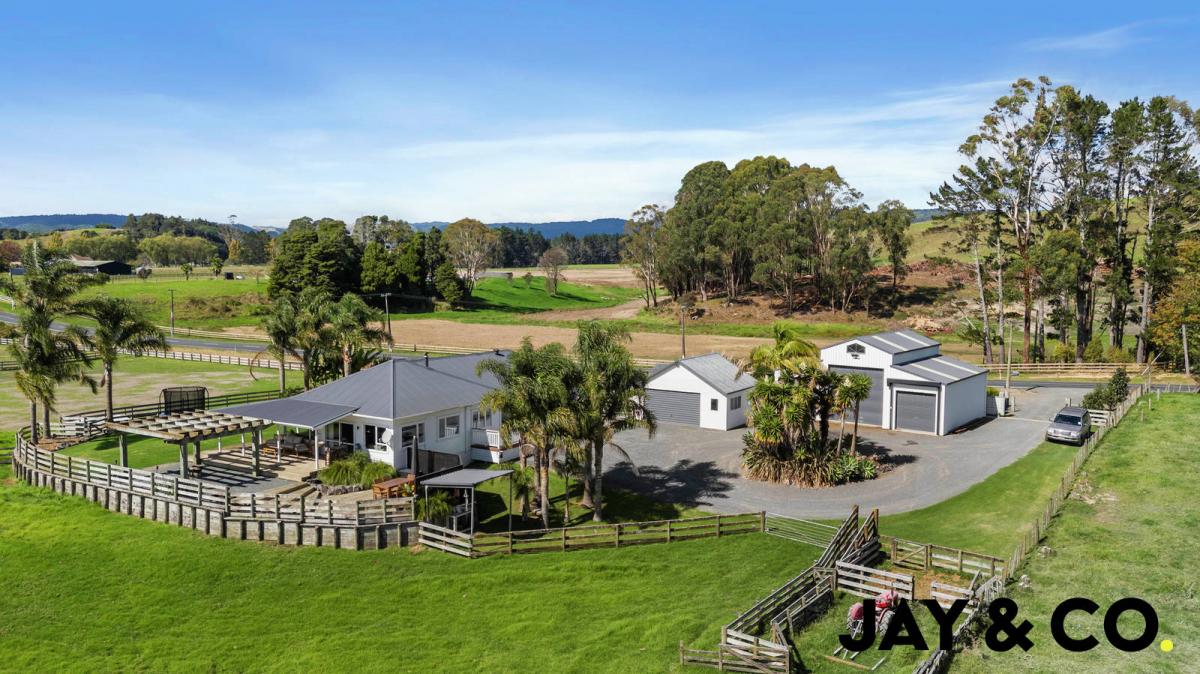What is wisdom teeth?
Wisdom teeth are the third set of molars that start to come through between 17-30 years. In some situations, this is quiet troublesome and often requires urgent attention to be sort. The removal of wisdom teeth is a relatively common procedure performed by qualified and experienced dentists or oral surgeons.
You will require an examination and diagnostic tests such as X-rays or cone beam CBCT scan .
Why do I have to get my wisdom teeth removed?
Your wisdom teeth may be erupting in the wrong direction and orientation, which can damage other teeth or structures in the jaw
Your jaw may be too small to accommodate all your teeth leading to excessive crowding and therefore reducing the chance of your wisdom teeth coming through. We call this impaction— and can be potentially harmful to adjacent bone or teeth
If your wisdom tooth does not fully erupt it makes it more difficult to clean and especially bacteria that can get lodged in, causing infection
Pathology such as a cyst ( fluid-filled sac) may form around the unerupted wisdom tooth, which can lead to infection and injury to the adjacent tissues including nerves, blood vessels and bone.
There are times when it is prudent to have the wisdom teeth removed before symptoms develop. But, as with all medical procedures, its benefits must be weighed against the risks which could include complications. Your dentist would provide more information specific to you.
The Extraction Procedure
The treatment can be done pain free by experienced clinicians possibly with only a local anaesthetic that numbs the area and stops you from experiencing any pain; however often multiple wisdom teeth are being extracted at one visit and other additional options such as sedation or a general anaesthetic may be administers. Your dentist can discuss what type of anaesthesia that's best for you before the procedure.
After the Procedure
The recovery period after wisdom tooth surgery lasts between 1 to 7 days depending on the severity of the procedure and the patient’s own biological and physiological response. During this time, you rest and nutrition is advised to encourage healing. Taking regular pain medication as prescribed. It's normal to experience some bleeding the surgical site. However soon after the surgery this is usually controlled by apply gentle pressure by biting with guaze pads and avoiding rinsing or spitting. Also lying with the head elevated rather than flat. In the first 24 hours after the procedure the use of ice packs on the side of the cheek of the procedure for a few minutes at a time may help reduce swelling. Rinsing the mouth with warm salt water several times a day can also help relieve discomfort and keep the wounds clean.
You should keep up with nutrition and eat soft foods for a few days after the extraction and then progress to a normal diet as tolerated.
Continue brushing carefully and follow up with your dentist is important if there are any concerns.

Get painting with Resene plant-based paints!
Plant-based paints are made just like normal paint but everything in the tin comes from plants and minerals.
Plus they’re Eco Choice approved with low odour and easy water clean-up, so you can paint or stain your place with ease.
Available from Resene ColorShops.

Potted colour
Express yourself with this artistic dip-dye paint effect using Resene paints. Find out how to create your own with these easy step by step instructions.

Commemorate Anzac Day on 25 April
Remember our servicemen and servicewomen past and present by attending an Anzac Day service on Thursday 25 April.
Visit for a full list of services across the region.

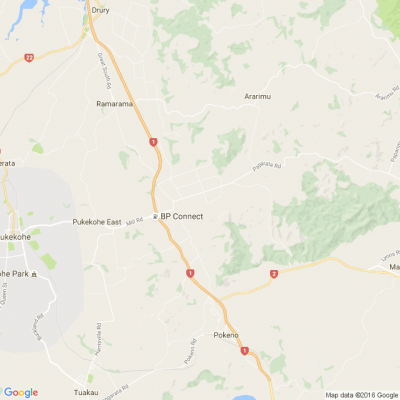
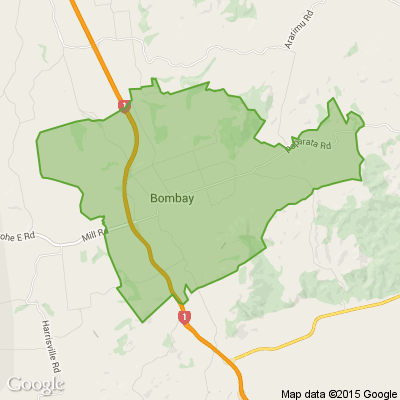





 Loading…
Loading…